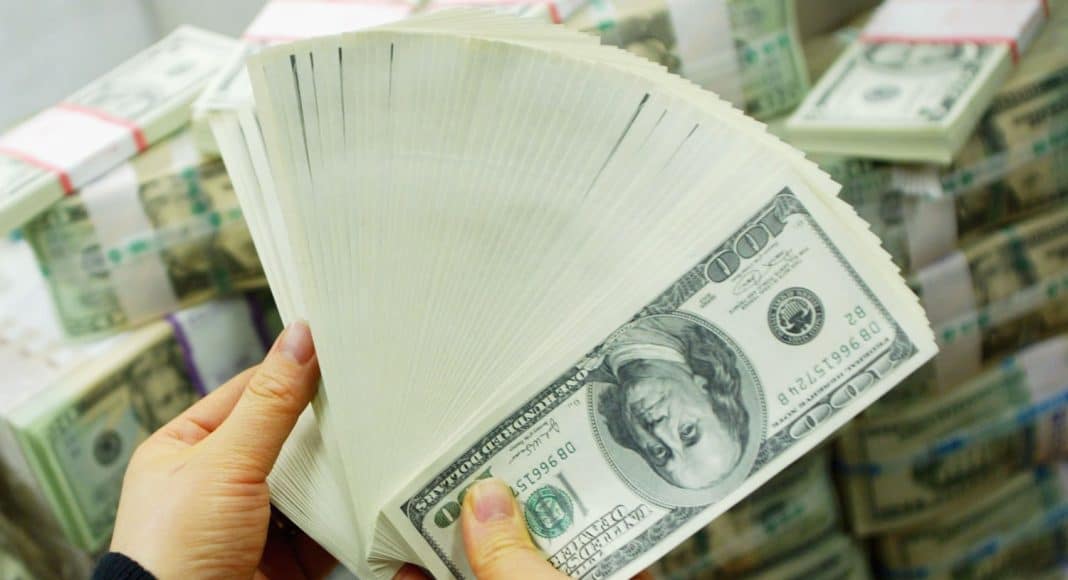San Francisco is going to have to wait beyond the proposed January start date for recreational marijuana sales, but that’s not necessarily a bad thing.
The city is not issuing permits until new laws are in place to help regulate and make the new landscape more accessible to low-income people.
However, according to Supervisor Jeff Sheehy, city officials have yet to figure out any of the logistics and do not know how the laws will shake out.
“Out of a 70-page ordinance, less than a page talks about how to make [the cannabis industry] equitable,” said Sheehy, co-sponsor of the cannabis ordinance with Mayor Ed Lee. Sheehy also said the laws are still “far from perfect, and further from final.”
In July of this year, the Board of Supervisors asked both the city controller and the Office of Cannabis to have a report on equity ready and submitted by November 1st. And though all supervisors want to make the laws equitable for those who have been suppressed by the laws previously, it’s not going to be easy to make that date.
The first cannabis equity program was put in place in March by Oakland, which took over a year to put together and caused much infighting. The final version made it so that half of the permits issued went to low income individuals with either a past conviction or who live in a neighborhood that’s been riddled in the past by marijuana arrests. It was their way of quietly helping those of color who want to start their own business, as the California constitution bars discrimination by race.
San Francisco supervisors earlier this month put through a 45-day moratorium on new permits for dispensaries as it creates its own equity program.
All dispensaries will be required to continue carrying medical marijuana, even if they have a recreational license. That applies to new recreational dispensaries as well.
-
Related Story: California’s 5 Worst Counties for Recreational Marijuana
Aside from social equity issues, the city must come up with a new licensing system for medical marijuana dispensaries so that they are following the new laws and regulations. Growers that previously manufactured underground will also have to get licenses from the city.
On January 1st, medical marijuana dispensaries will be issued 120 day permits to remain open as they the program is continued to be built.


